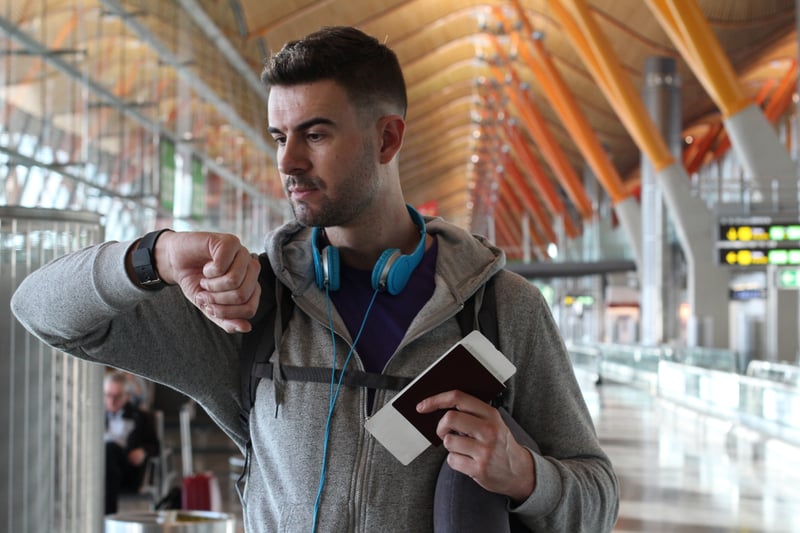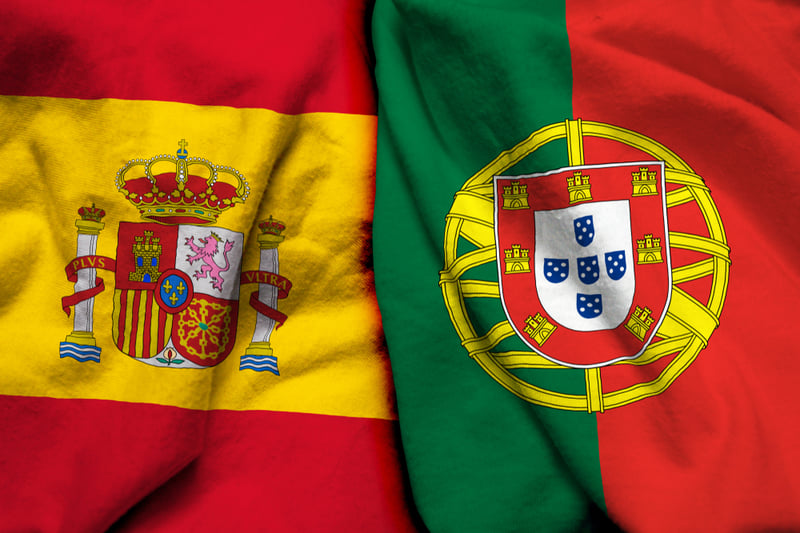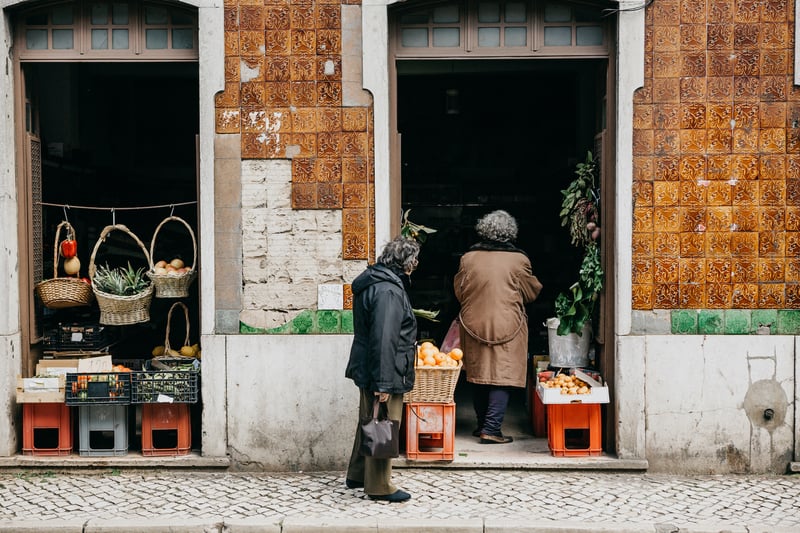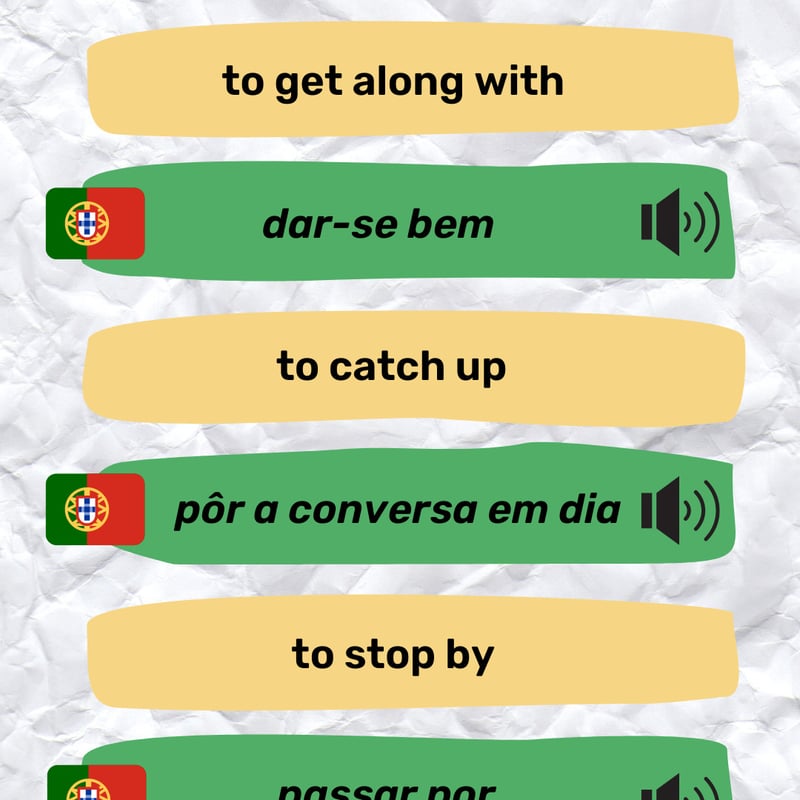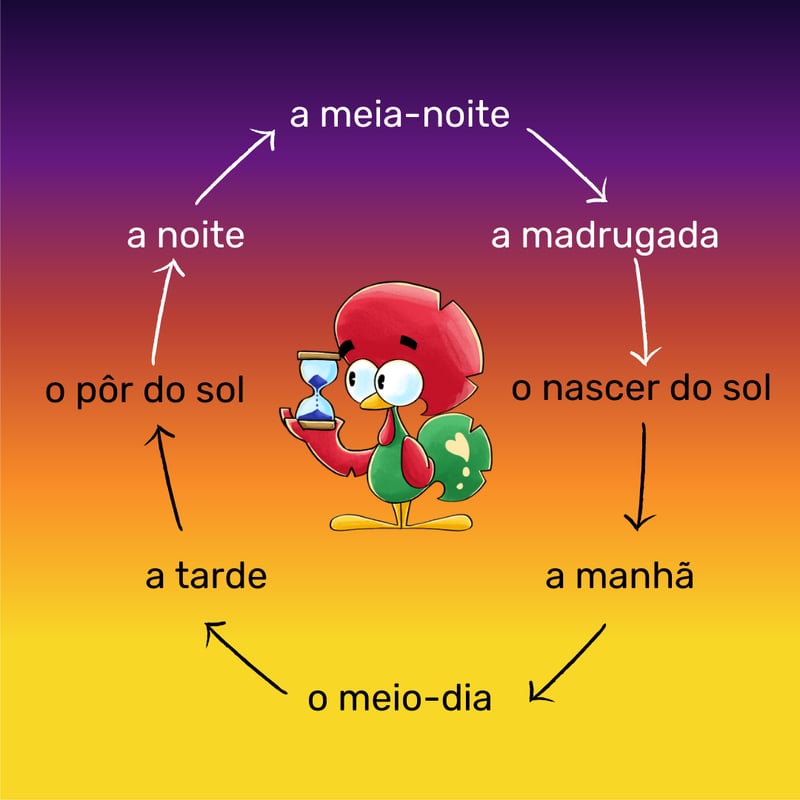The first compound tense we’re going to talk about is the pretérito perfeito composto do indicativo. To keep it short, and since the focus of this unit will just be the indicativo mood, we’ll just call it pretérito perfeito composto. So let’s get to it! As you are likely aware, the pretérito perfeito (simple past […]
Pretérito Perfeito Composto do Indicativo
Condicional Composto
Let’s talk about the compound form of modo condicional (conditional mood), which is the mood used for certain hypothetical situations and possibilities. If you need a refresher on the simple form first, check out this Unit, or here are a couple examples to jog your memory: Now, the compound form of the conditional can indicate a […]
Futuro Composto do Indicativo
Now we’ll turn our attention to the futuro composto do indicativo! (Let’s call it futuro composto for short) As you’re aware, an action in the futuro simples (simple future tense) takes place after the time the utterance is spoken and isn’t related to any other actions. In the futuro composto, however, the future action represented […]
More Irregular Verbs in the Simple Past
In the Simple Past 2 unit we practiced with some of the most common irregular Portuguese verbs in the simple past (pretérito perfeito do indicativo): ir, ser, estar, dar, and querer. Now let’s continue with a few more!
Compound Tenses with Nominal Forms
So, what are nominal forms? They are basically verb forms that play a similar role as nouns, adverbs, and adjectives. Unlike other verb forms, they do not indicate tense, mood, or person on their own. Instead, they depend on context (i.e. the surrounding conjugated verbs) to relay that information. The 3 nominal verb forms in […]
Pretérito Mais-que-perfeito Composto do Indicativo
The pretérito mais-que-perfeito do indicativo is the tense used to indicate an event that took place in the past before another event. As the name suggests, it’s beyond (“more than”) the pretérito perfeito tense. Unlike with pretérito perfeito, the pretérito mais-que-perfeito’s simple and compound forms both have the same meaning. The compound form we’re going […]
The Orthographic Agreement: Changes in European Portuguese Spelling
The Portuguese Language Orthographic Agreement of 1990 (Acordo Ortográfico da Língua Portuguesa de 1990, a.k.a. the ) came into effect in May 2009. Its goal was to standardize the spelling of Portuguese across Portuguese-speaking countries, particularly Brazil and Portugal. However, its implementation was met with criticism and many practical challenges. First, let’s address a common […]
MEU or O MEU?
The purpose of this Learning Note is to address a common question we get from learners after they’ve finished our Unit about possessives in European Portuguese. The question is about when to use definite articles before possessive determiners/pronouns, and when they can be dropped. In other words, what’s the difference between Eles são os meus […]
Phrases For Your First Trip To Portugal
If you’re preparing to visit Portugal, mastering a few essential phrases will go a long way toward making your experience smoother and more enjoyable. In this Unit, you’ll practice with simple phrases and vocabulary that could be useful on your first few days or weeks in Portugal. As you navigate the cities, see the sites, enjoy […]
More Portuguese “Things”
Time for a Portuguese vocabulary boost! If you remember the Things 1 unit, we learned the names for a variety of common objects, such as writing materials and containers. This time, we’re focusing on other objects you find inside the house, or outside in nature, as well as things related to money, electricity, and more. […]
Talking About the Weather in Portuguese
It’s time to talk about the weather in European Portuguese! This is everyone’s favourite topic of conversation, right? Well, maybe not. But hey, it’s a good starting point, especially if you don’t know someone well, or you don’t have much else in common. Portuguese Weather Vocabulary The word for weather is the same as the […]
Spanish vs. Portuguese
Whether you’re a native Spanish speaker, or you just took a few years of Spanish in school, you may be curious about the similarities and differences between Spanish and Portuguese. Are 🇵🇹Portuguese and 🇪🇸Spanish Basically the Same? No. First, let’s clear one thing up: Portuguese and Spanish are not just dialects of the same language. […]
Com Licença? Desculpe? Perdão?
We often get asked about how to say sorry and excuse me in Portuguese. Is there a difference between Com licença and Desculpe? What about Sinto muito? Lamento? Perdão? With so many options that have similar translations, it’s important to take context and cultural norms into account. In this Learning Note, we’ll cover which phrase(s) […]
Compound Tenses in the Subjunctive Mood
In Compound Tenses 1, we focused on in the indicative and conditional moods. Now we’ll cover compound tenses in the , as well as . Don’t worry, the basic formula is still the same 😉: auxiliary verb ter + past participle of the main verb. Quick Overview Here are the forms we’ll cover in this […]
Compound Tenses in the Indicative and Conditional Moods
Up until now, we’ve mostly been working with simple tenses, but now it’s time to explore the various compound tenses in Portuguese. This Learning Note is just an introduction to the general concepts — we’ll cover each one in more detail as you progress through the Unit. What Are Compound Tenses? A Portuguese verb form […]
Buildings and Places in Portuguese
In these next 2 units (Places 1 and Places 2) we’ll cover vocabulary for many different types of buildings and places in Portuguese, such as stores, parks, banks, schools, cities, regions, and more. Whether you’re running errands, sightseeing, or just enjoying different regions of Portugal, knowing the names of places will help you communicate about […]
The Verb Saber
The Portuguese verb has two different meanings. Most of the time, it means 🧠 to know, but did you know in certain contexts it can also mean 👅 to taste? Saber is conjugated in the 3rd person singular in both sentences, so it’s written exactly the same, but with an entirely different meaning. In the […]
Saber vs. Conhecer
The verbs and cause a lot of confusion for Portuguese learners. If you translate them into English, both mean to know, but in Portuguese you also have to pay attention to the context in order to know 😉 which one to use. Saber: Talking About Information You Know We use saber to talk about facts […]
A Few More Common Irregular Verbs
If you remember the Common Irregular Verbs unit, this is part 2! As you may remember, Portuguese verbs can be irregular in the root, the ending, or both, and they are often irregular only in certain tenses. Here’s an overview of most of the verbs we’ll cover in the following Lessons. For now, we’re continuing […]
Portuguese “Things”
Time for a Portuguese vocabulary boost! This Unit will focus on objects/things from many different categories. Most of these words will be new, but some you may have already picked up. To test yourself, cover up the right side and see how many of these objects you can name. You’ll hear how to pronounce each […]
English Expressions in Portuguese
One challenge of learning Portuguese, or any language, is that you can’t simply translate literally. Each language has its own conventions for how to word different concepts. This is known as idiomatic language. In this Learning Note, we’re focusing mostly on how to translate English “phrasal verbs” into Portuguese. (If you’re looking for other types […]
Times of Day in Portuguese
Let’s go over the times of day in Portuguese! These are the from sunrise to sunset: – from until 6am/dawn (around ) – from about 6am until – from noon until about 6pm (or around when it gets dark) – from about 6pm to midnight
Forming Portuguese Numbers in the Tens, Hundreds, and Thousands
In the Numbers 1 unit, we gave you an overview of many different types of numbers, and we practiced with just 0-19. Now it’s time to pick up where we left off, so we can start using higher numbers. The lessons in this unit will focus on Portuguese numbers in the tens, hundreds, and thousands.
Spelling Variations in Regular Verbs
After learning the rules for conjugating verbs, you may have noticed that certain Portuguese verbs are not spelled the way you would expect… If a verb is spelled and spoken completely differently, this is because it’s an irregular verb. But if it’s still spoken as expected, it probably just means it’s a regular verb with […]




